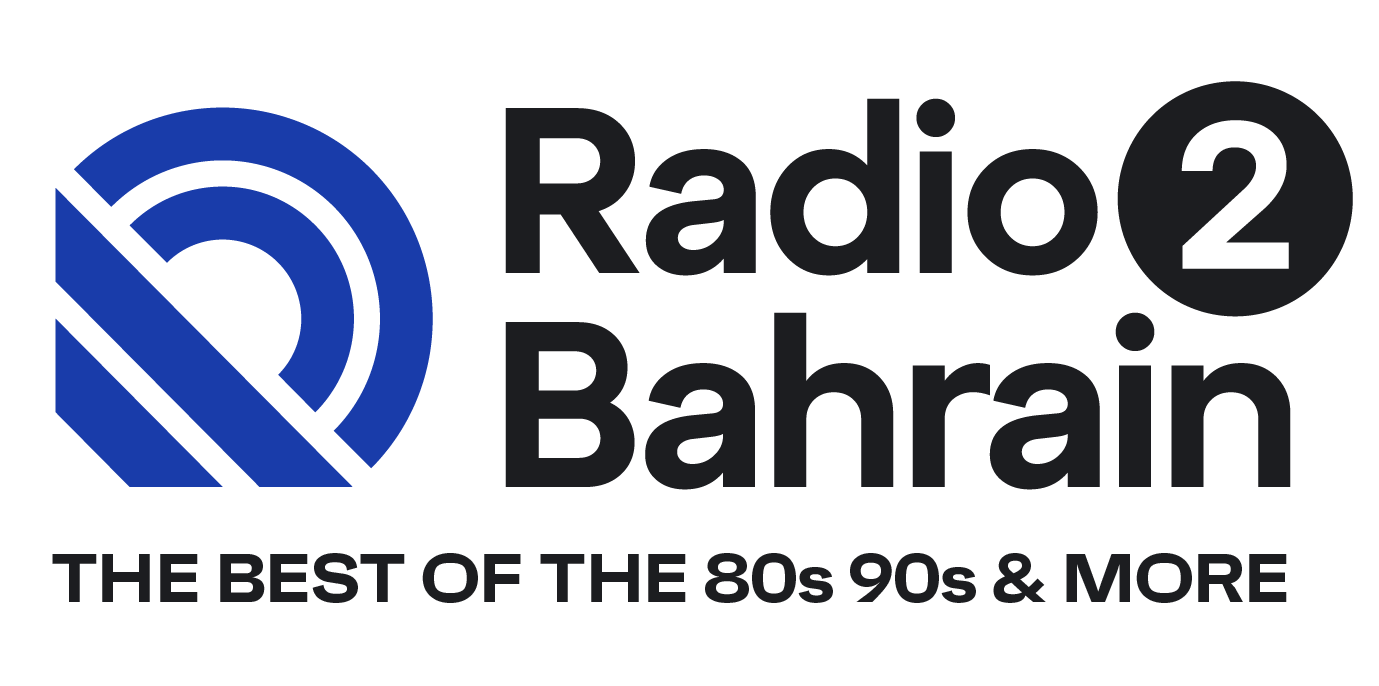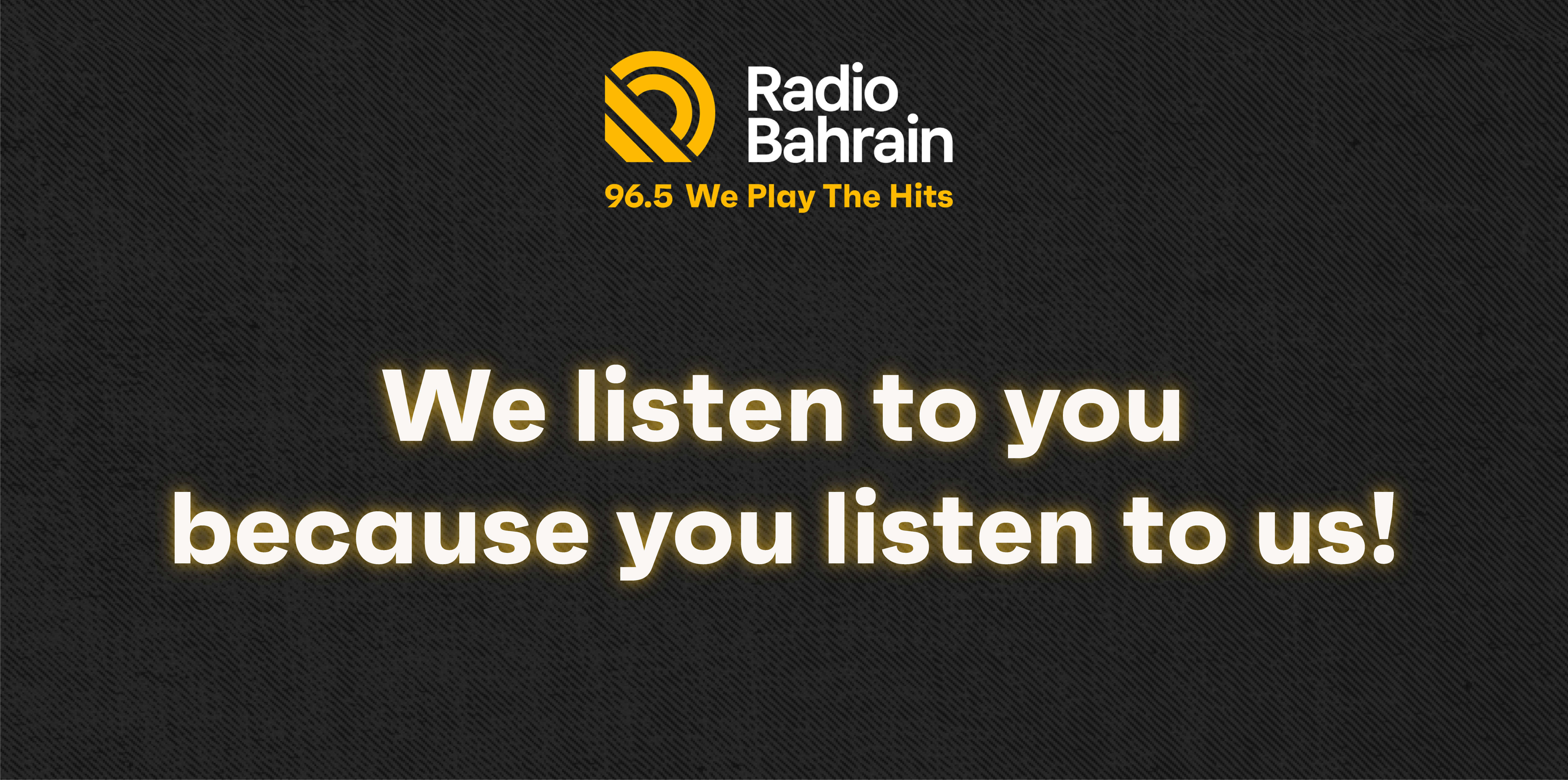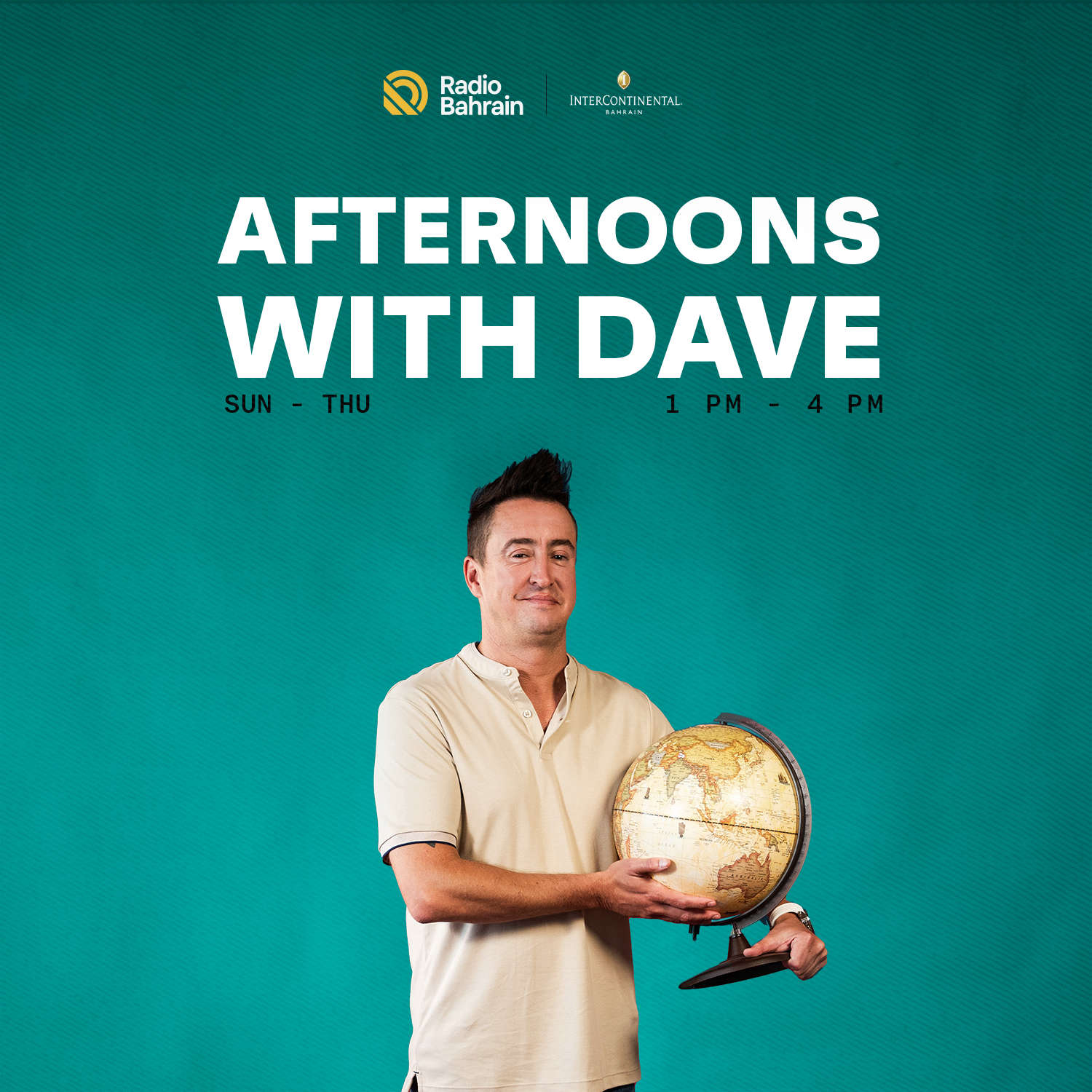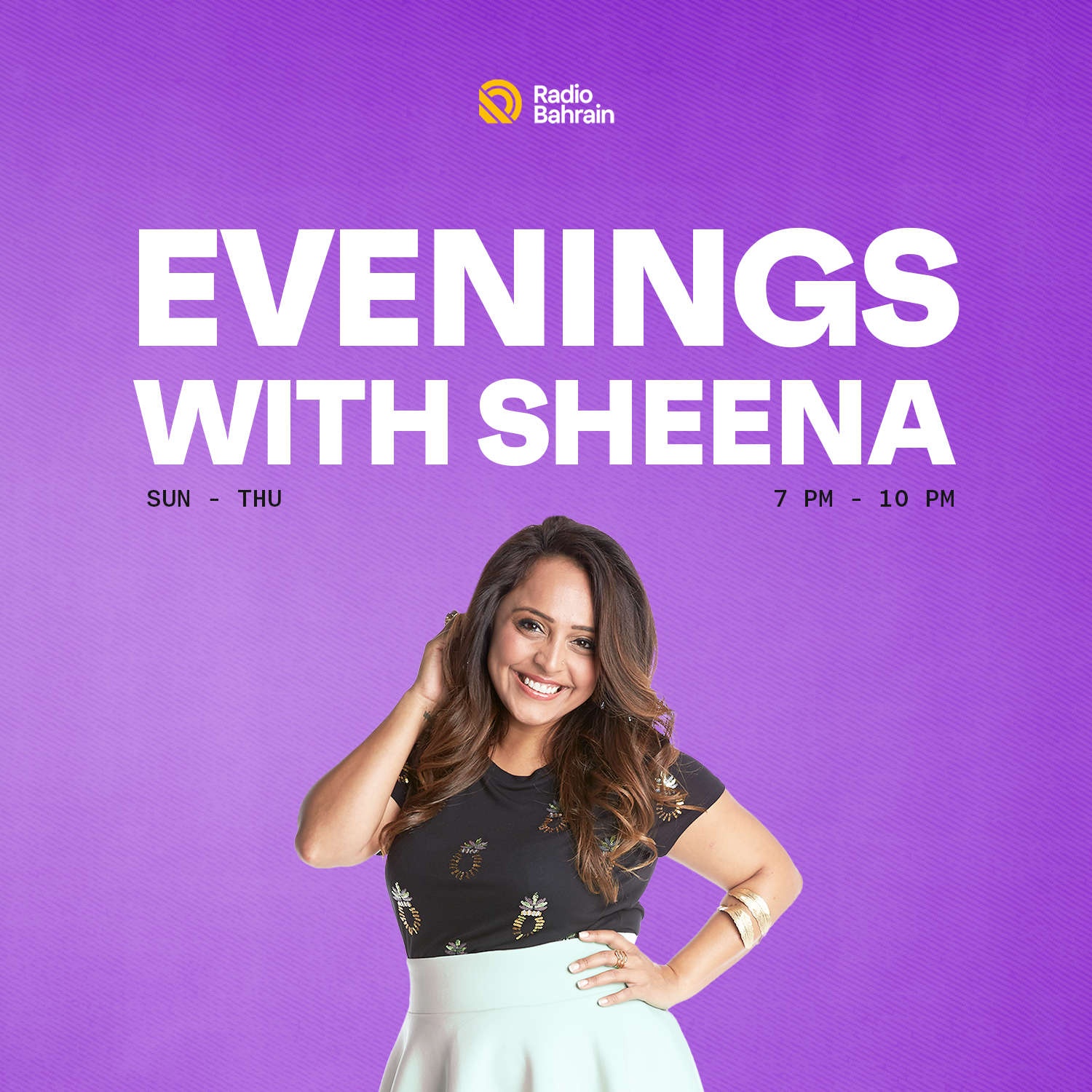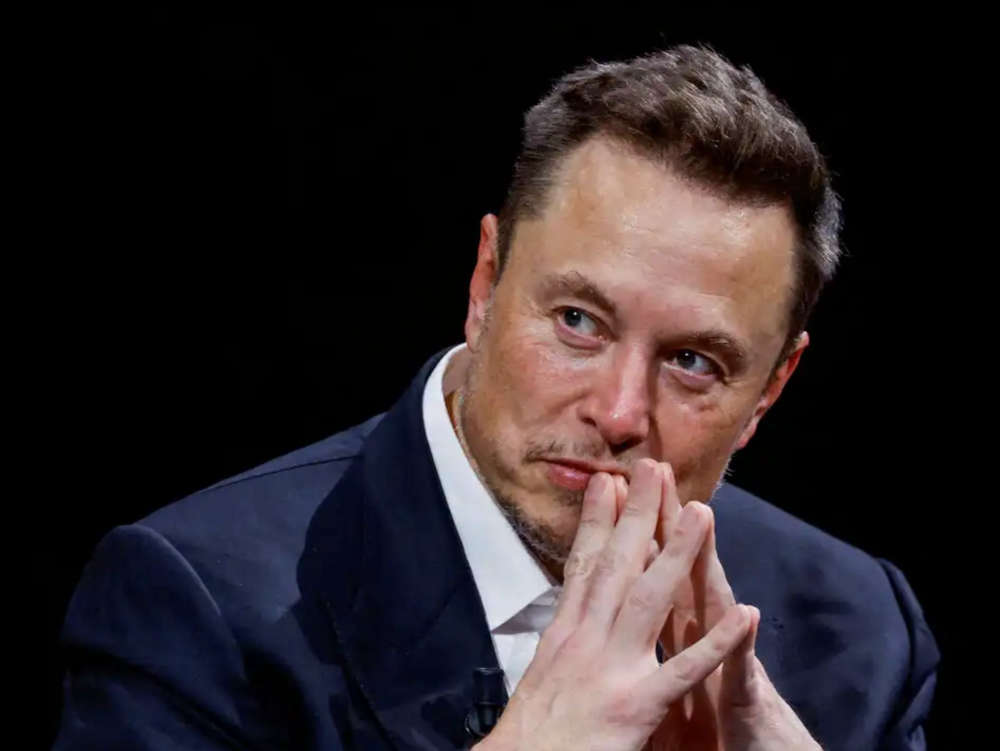
She isn’t the first victim using this tech.
Jeong Ji-sun lost $50,000 to a fraudster pretending to be Elon Musk.
The woman has shared with media outlets that Elon had befriended her on Instagram last year, and although she did doubt it at first, eventually believed that it was the real businessman. The con-artist had sent her pictures of what appeared to be Elon’s ID card and images of himself at work.
The scammer even professed his love to her during a video call which turned out to be using deepfake.
Deepfakes are images or recordings that have been convincingly altered to misrepresent someone’s speech or actions.
She isn’t the first victim using this tech, and sadly, may not be the last. Apparently, deepfake fraudulent identity verification attempts have surged by 3,000 per cent over the past year.
Some people are losing their hard-earned money through this generative artificial intelligence (AI) tool as it imitates people's voices or appearances and gets access to their bank accounts.
The use of AI to impersonate well-known singers and rappers has also been growing.
Two high-profile examples of unauthorised deepfakes from last year include an AI-generated Drake and The Weeknd song titled ‘Heart on My Sleeve’, and a fake Tom Hanks featured in a dental plan advertisement.
Last month, Drake, who is in a diss-battle with Kendrick Lamar, released a track called ‘Taylor Made’ boasting the AI-generated voices of Snoop Dogg and the late Tupac Shakur. He used two of Kendrick’s idols to bash him.
A statement was then made by the lawyers representing Tupac’s estate calling the song a ‘blatant abuse of the legacy of one of the greatest hip-hop artists of all time’. Drake was then pressed to take the song down.
Many stars including, Jess Glynne, Mumford and Sons, Sam Smith and Zayn Malik have signed an international open letter calling for more protection against ‘the predatory use of AI to steal artists' voices and likenesses’.
British singer FKA Twigs had also addressed the US Senate Judiciary subcommittee that celebrities and artists should have control over how their voices, looks and personalities are used by AI.
That being said, she revealed that she has used the technology to create a deepfake of herself to interact with fans and journalists so she can focus on her career.
"These and similar technologies are highly valuable tools,” said the dancer and actor. “This, however, is all under my control and I can grant or refuse consent in a way that is meaningful.
"What is not acceptable is when my art and my identity can simply be taken by a third party and exploited falsely for their own gain without my consent due to the absence of appropriate legislative control."
She added that her digital clone is able to communicate in French, Korean and Japanese.
Meanwhile, a group of UK MPs have published a report suggesting that musicians and other celebrities should be protected by a law that would ban AI-generated deepfakes in the UK.
The All-Party Parliamentary Group on Music also believes that there should be legislation including ‘a specific personality right to protect creators and artists from misappropriation and false endorsement’.
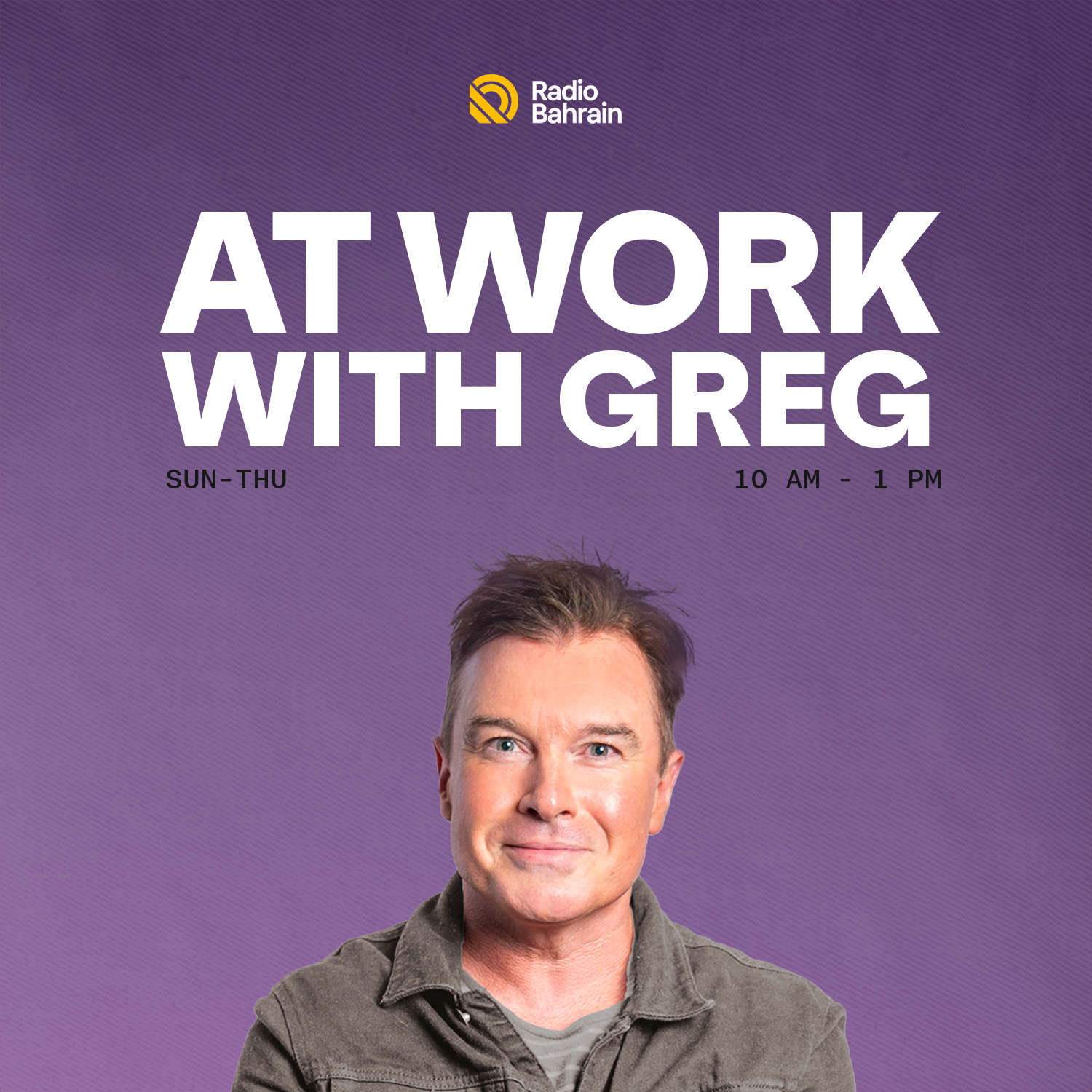
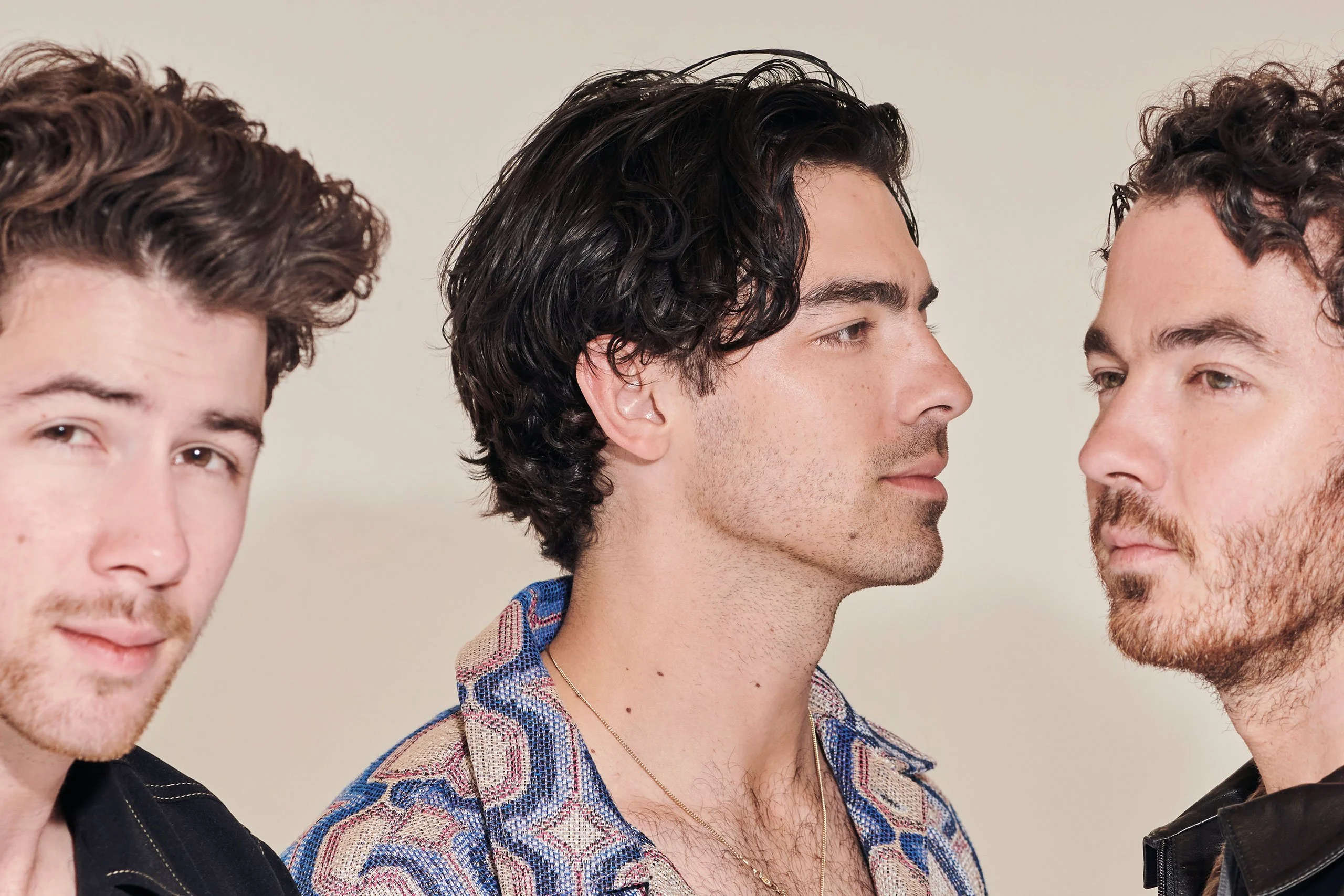 Jonas Brothers Reflect on 20 Years of Music (And Share Their Thoughts on a ‘Bounce’ Part 2)
Jonas Brothers Reflect on 20 Years of Music (And Share Their Thoughts on a ‘Bounce’ Part 2)
 Dua Lipa Brings Out Troye Sivan and Vance Joy at Final Melbourne Concerts
Dua Lipa Brings Out Troye Sivan and Vance Joy at Final Melbourne Concerts
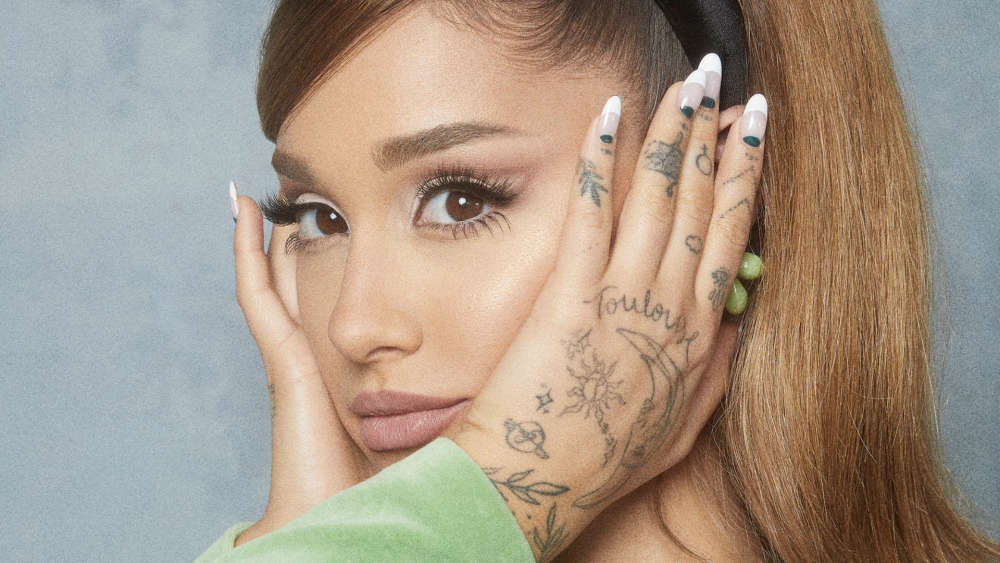 Ariana Grande Announces ‘Brighter Days Ahead’ Short Film Screenings in Select Cities
Ariana Grande Announces ‘Brighter Days Ahead’ Short Film Screenings in Select Cities
 Olivia Rodrigo Covers No Doubt’s ‘Don’t Speak’ at Lollapalooza Chile 2025
Olivia Rodrigo Covers No Doubt’s ‘Don’t Speak’ at Lollapalooza Chile 2025
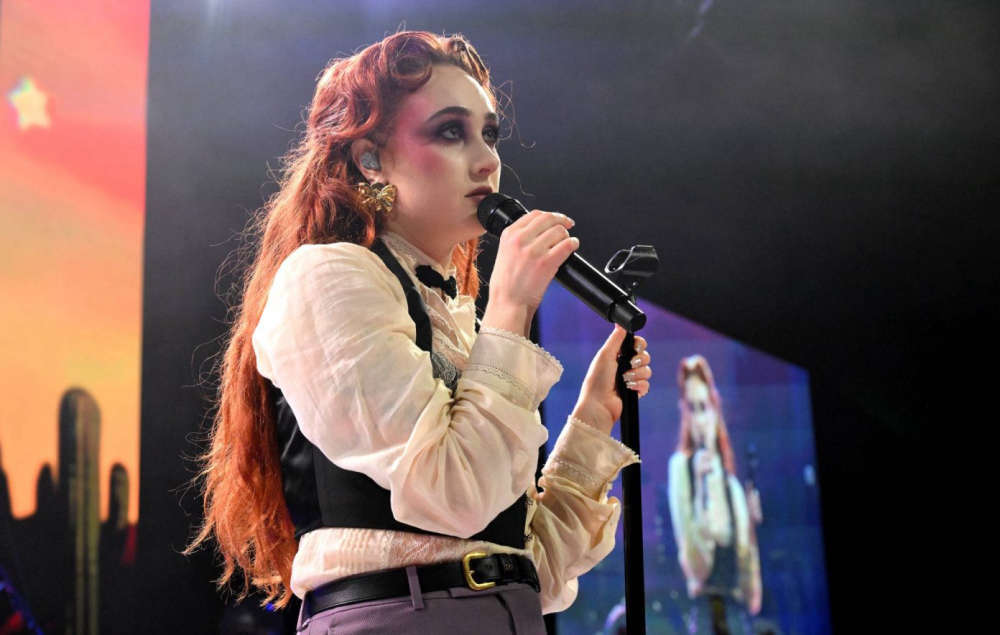 Chappell Roan says she’s “so beyond far away” from second album
Chappell Roan says she’s “so beyond far away” from second album
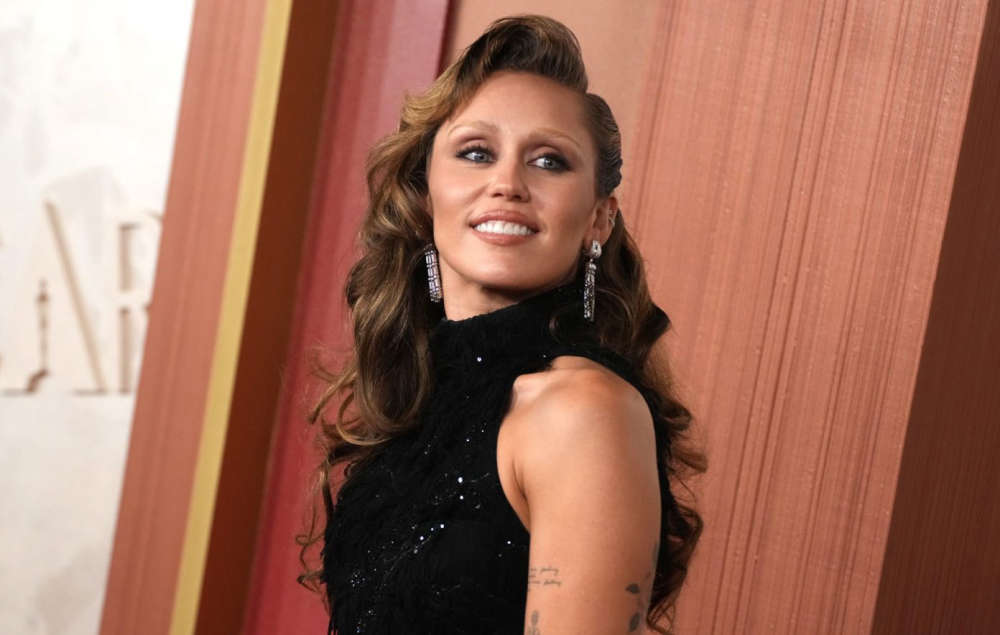 Miley Cyrus appears to be teasing her next album ‘Something Beautiful’
Miley Cyrus appears to be teasing her next album ‘Something Beautiful’
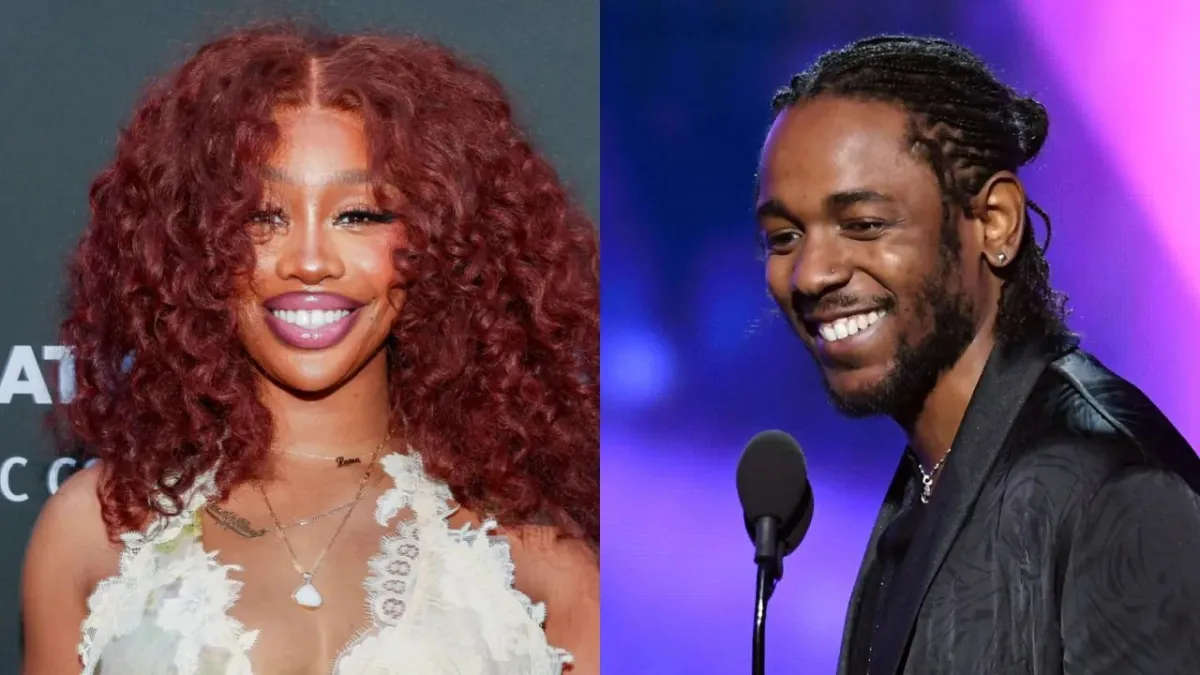 Kendrick Lamar Claims Career-Best Fourth Week Atop Hot 100 With ‘Luther’
Kendrick Lamar Claims Career-Best Fourth Week Atop Hot 100 With ‘Luther’
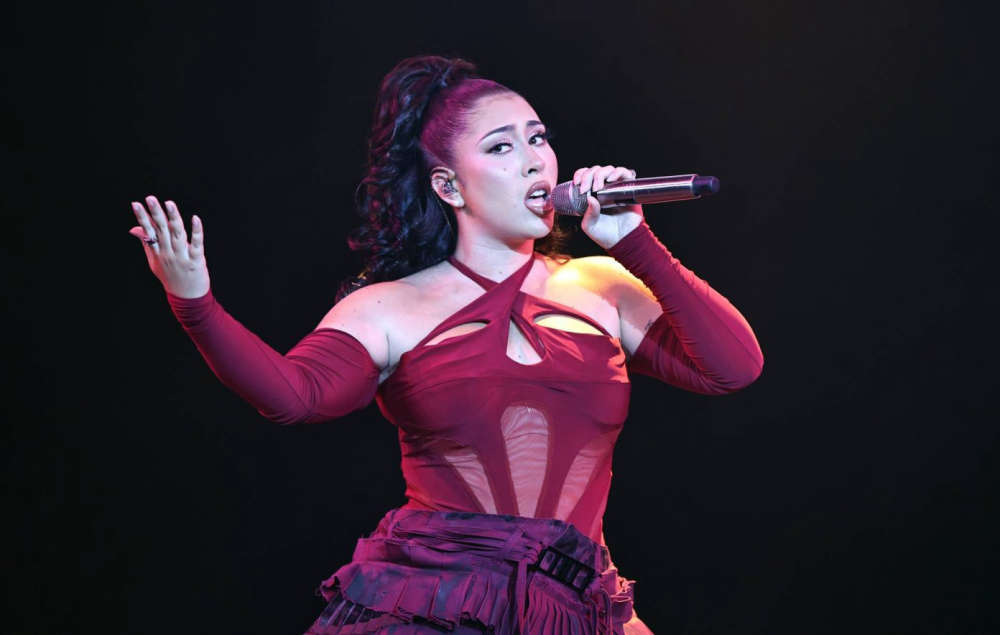 Kali Uchis says upcoming new album is about a “life-altering event”
Kali Uchis says upcoming new album is about a “life-altering event”
